NIHR Career Development Fellow, Dr Samuel Nyman (Dept. Psychology and Ageing & Dementia Research Centre), is the lead editor of a newly published Handbook.
It is published as an eBook and hardback (https://www.springer.com/gb/book/9783319712901), and a copy will be available in the BU library in the near future.
A summary of the book is below:
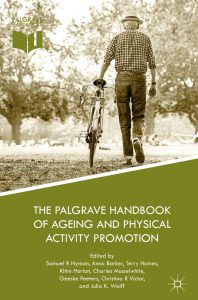
The Palgrave Handbook of Ageing and Physical Activity Promotion
- Presents an ambitious, highly original and very timely addition to the social gerontology canon
- Offers a broad expertise across social science and health science, with a strong mix of senior scholars and early career academics
- Discusses critically the global issue of an ageing population
The ageing of our population is a key societal issue across the globe. Although people are living longer, they need to be living longer in good health to continue to enjoy quality of life and independence and to prevent rises in health and social care costs. This timely and groundbreaking volume will provide an up-to-date overview of the factors that promote physical activity in later life. Despite advances in the fields of gerontology and geriatrics, sports and exercise science, sociology, health psychology, and public health, knowledge is largely contained within disciplines as reflected in the current provision of academic texts on this subject. To truly address the present and substantial societal challenges of population ageing, a multidisciplinary and collaborative approach is required. This handbook will inform researchers, students, and practitioners on the current evidence base for what physical activities need to be promoted among older people and how they can be implemented to maximise engagement. This handbook will be an invaluable resource for researchers, practitioners, policy makers, and students across the social sciences.
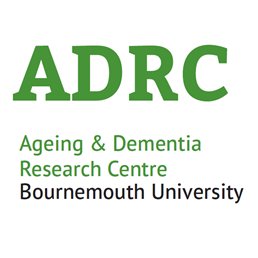 Professor Jane Murphy from the Ageing and Dementia Research Centre (ADRC) has been invited to join the Malnutrition Task Force (MTF) board (
Professor Jane Murphy from the Ageing and Dementia Research Centre (ADRC) has been invited to join the Malnutrition Task Force (MTF) board (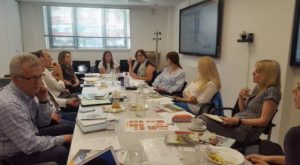
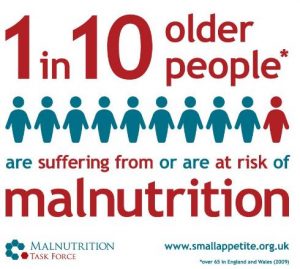
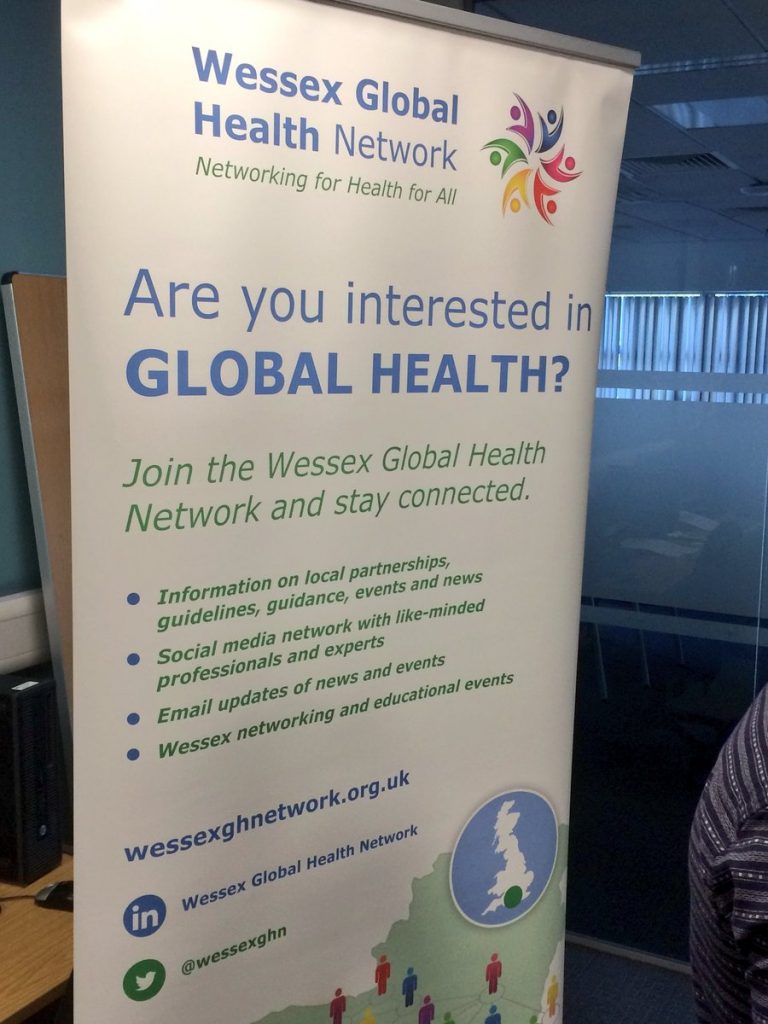
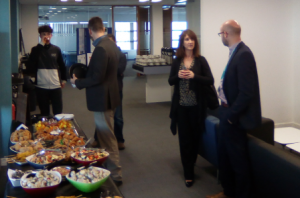
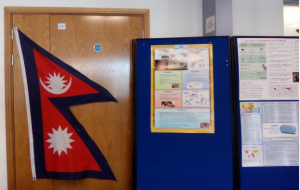
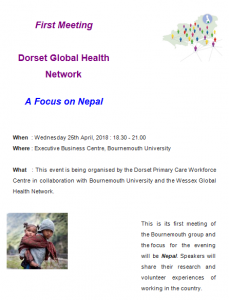
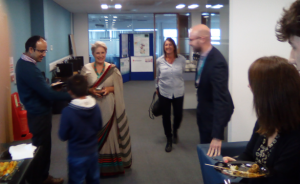
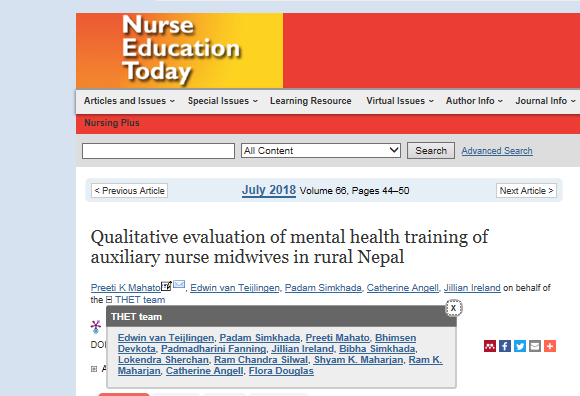
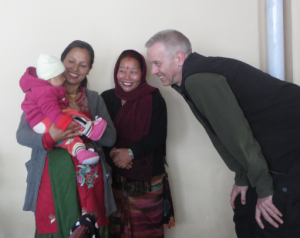
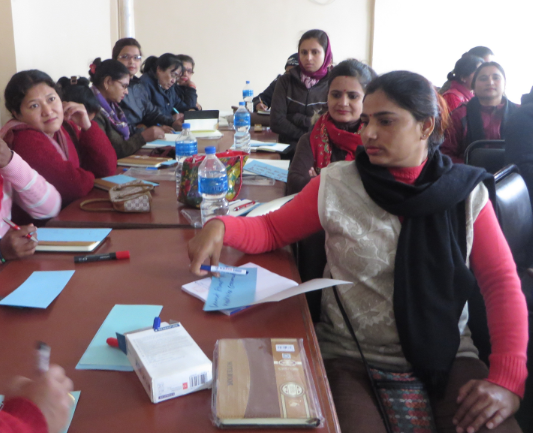
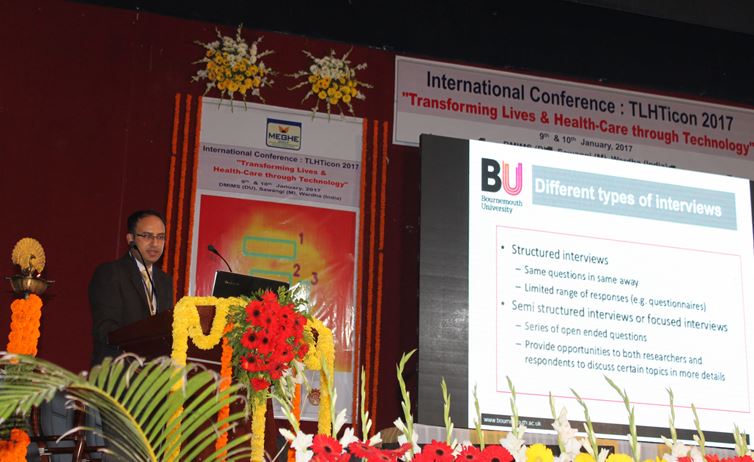
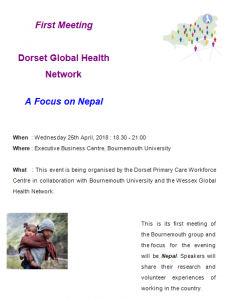
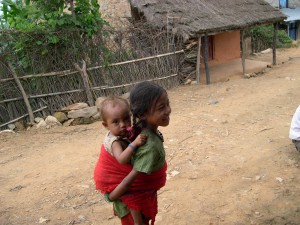
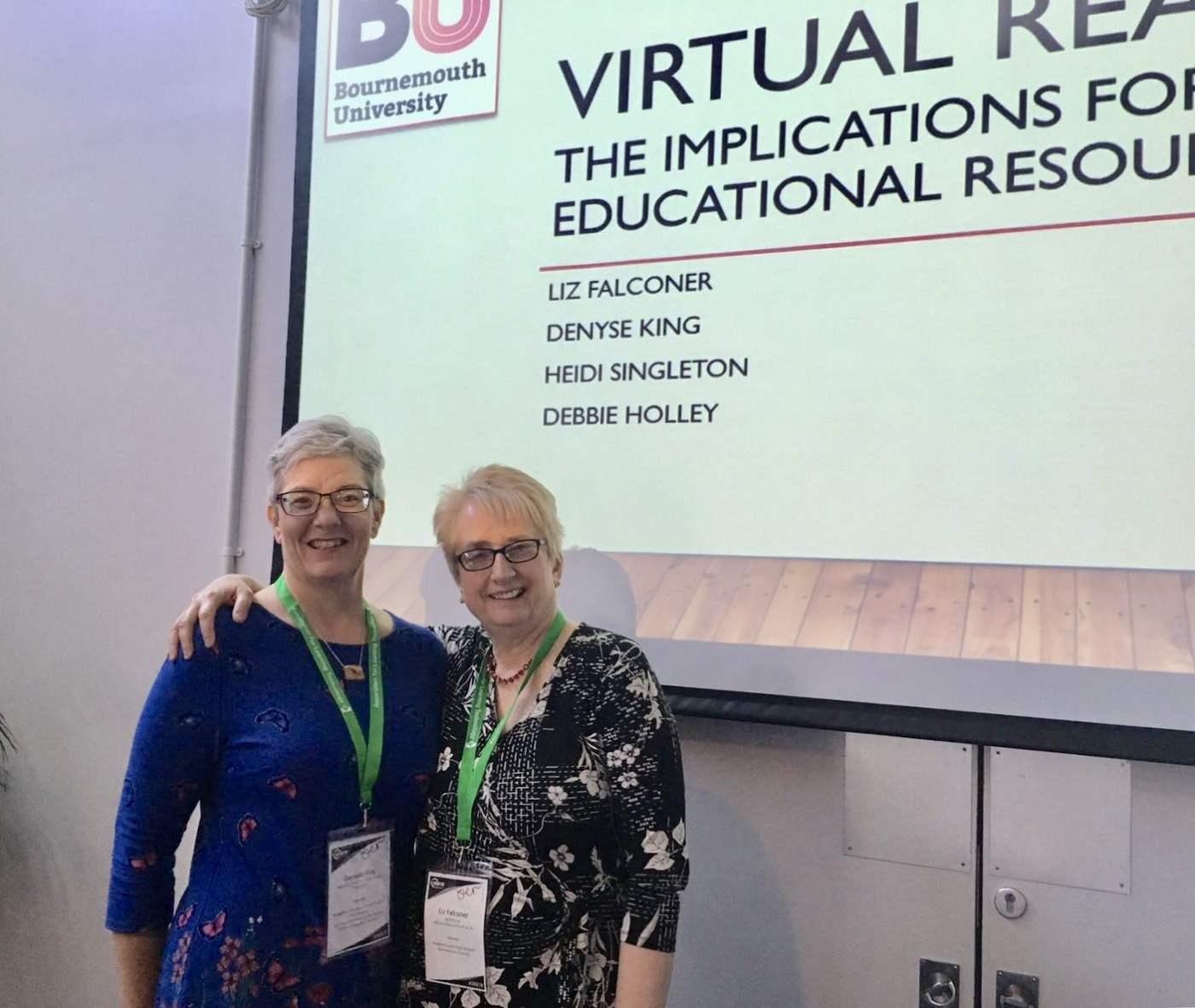
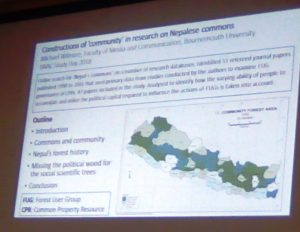
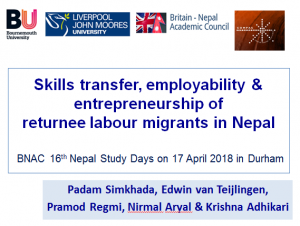
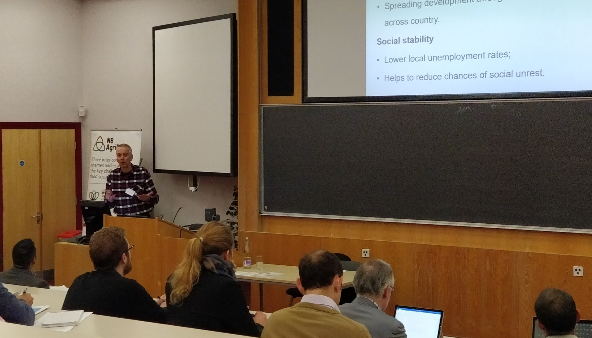

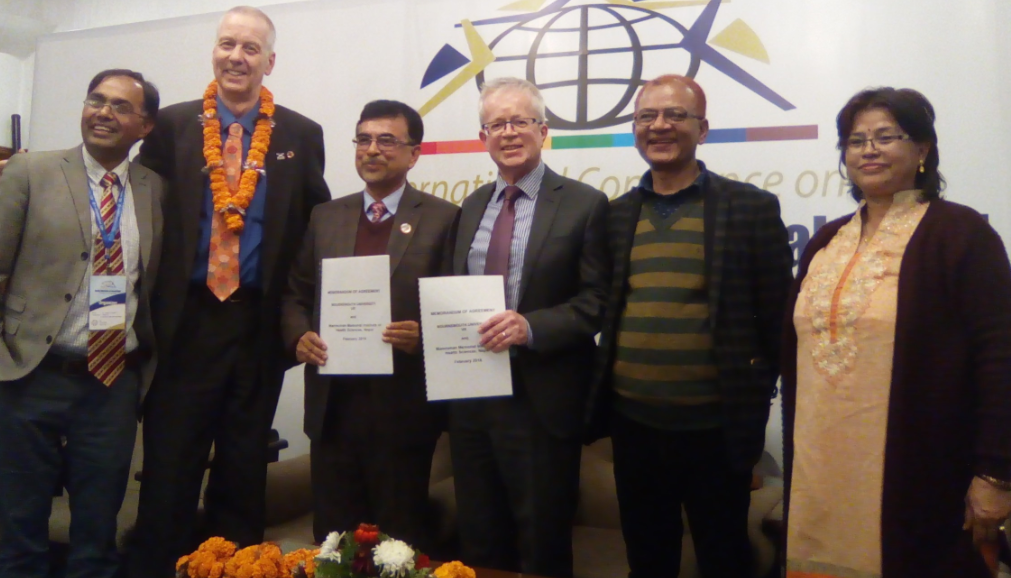
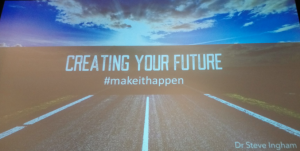
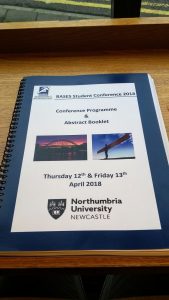
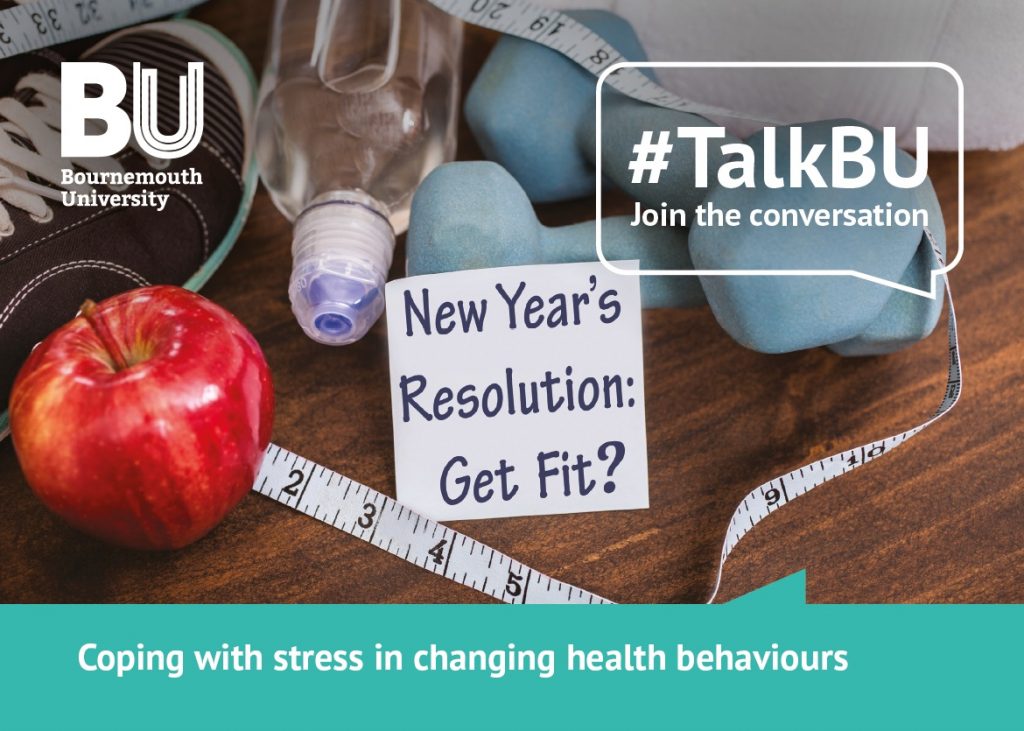
 #TalkBU is a monthly lunchtime seminar on Talbot Campus, open to all students and staff at Bournemouth University and free to attend. Come along to learn, discuss and engage in a 20-30 minute presentation by an academic or guest speaker talking about their research and findings, with a Q&A to finish.
#TalkBU is a monthly lunchtime seminar on Talbot Campus, open to all students and staff at Bournemouth University and free to attend. Come along to learn, discuss and engage in a 20-30 minute presentation by an academic or guest speaker talking about their research and findings, with a Q&A to finish. 
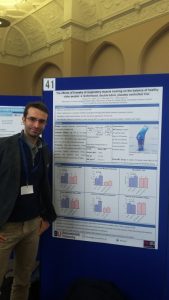

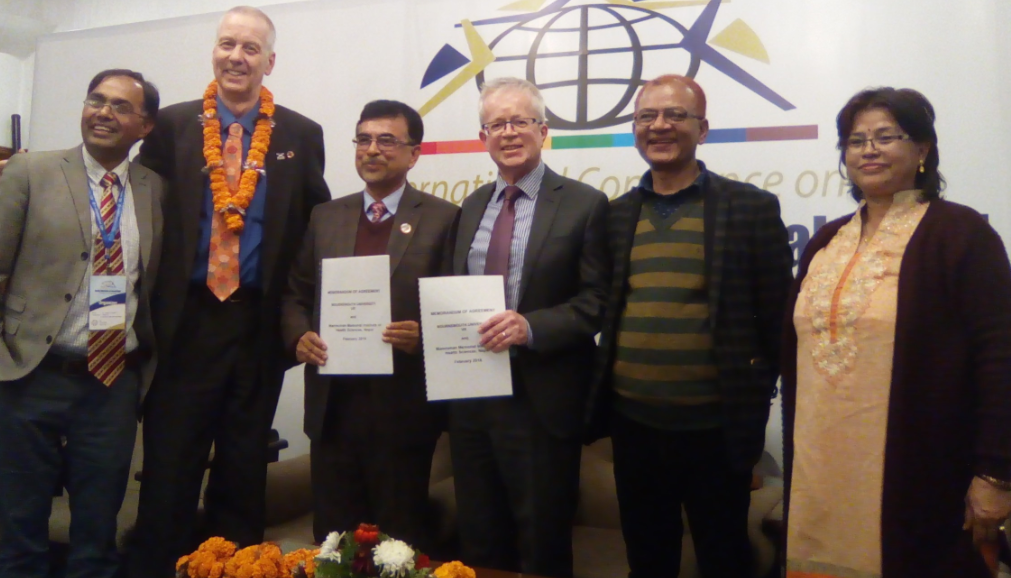
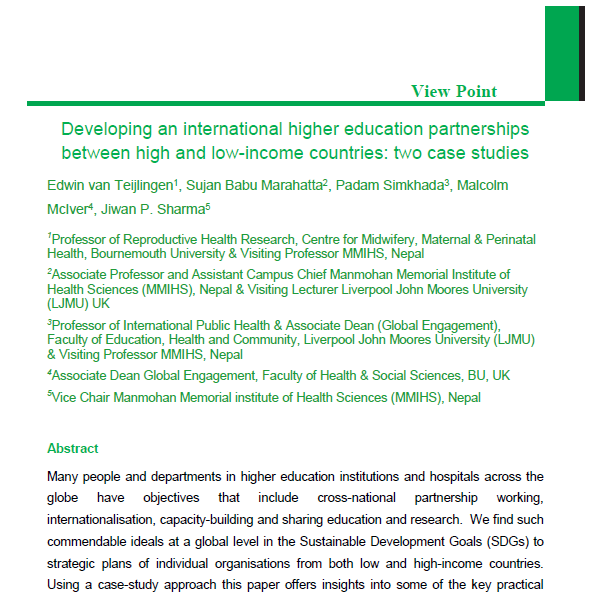

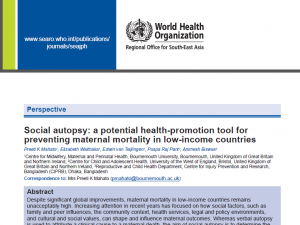
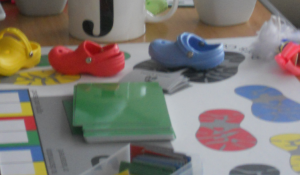
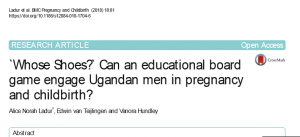














 Expand Your Impact: Collaboration and Networking Workshops for Researchers
Expand Your Impact: Collaboration and Networking Workshops for Researchers Visiting Prof. Sujan Marahatta presenting at BU
Visiting Prof. Sujan Marahatta presenting at BU 3C Event: Research Culture, Community & Can you Guess Who? Thursday 26 March 1-2pm
3C Event: Research Culture, Community & Can you Guess Who? Thursday 26 March 1-2pm UKCGE Recognised Research Supervision Programme: Deadline Approaching
UKCGE Recognised Research Supervision Programme: Deadline Approaching ECR Funding Open Call: Research Culture & Community Grant – Apply now
ECR Funding Open Call: Research Culture & Community Grant – Apply now ECR Funding Open Call: Research Culture & Community Grant – Application Deadline Friday 12 December
ECR Funding Open Call: Research Culture & Community Grant – Application Deadline Friday 12 December MSCA Postdoctoral Fellowships 2025 Call
MSCA Postdoctoral Fellowships 2025 Call ERC Advanced Grant 2025 Webinar
ERC Advanced Grant 2025 Webinar Update on UKRO services
Update on UKRO services European research project exploring use of ‘virtual twins’ to better manage metabolic associated fatty liver disease
European research project exploring use of ‘virtual twins’ to better manage metabolic associated fatty liver disease